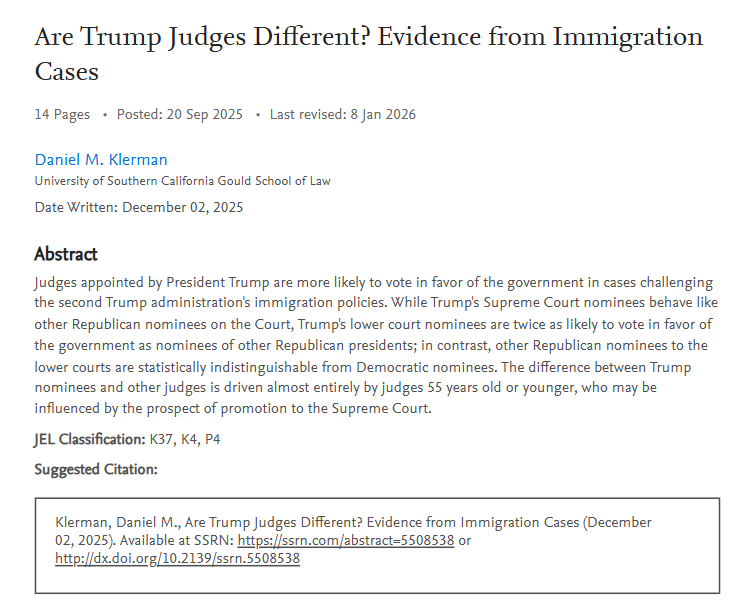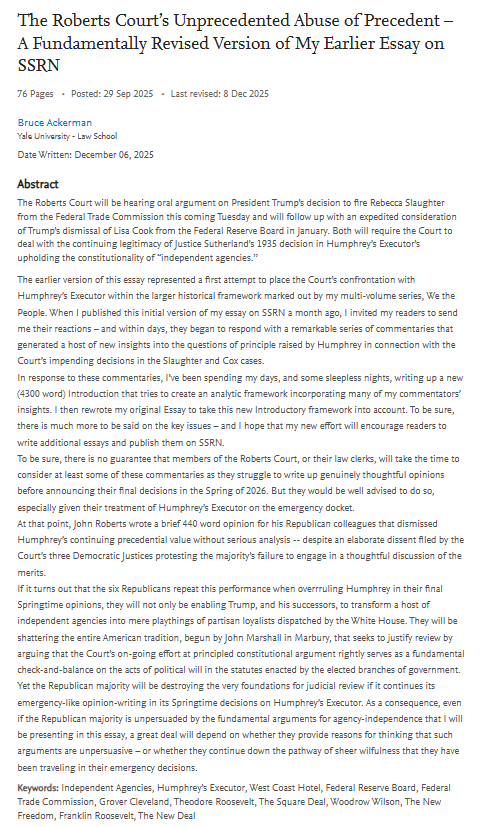Power of Federal Judiciary Over Legislation by J. Hampden Dougherty is a compact but weighty work first published in 1912, offering a vigorous defense of the judiciary’s power to strike down unconstitutional laws. Written during an era of growing skepticism toward centralized authority, Dougherty’s book situates judicial review as an indispensable safeguard built into the American constitutional system. He begins by tracing the intellectual and historical roots of this power, arguing that it was not an accidental byproduct but an intentional creation of the framers. Drawing on the Constitutional Convention debates and the Federalist Papers—particularly Alexander Hamilton’s famous exposition in Federalist No. 78—Dougherty insists that the courts’ ability to declare legislative acts void is central to maintaining the supremacy of the Constitution.
Read today, Dougherty’s work resonates in a world facing renewed tensions between legislatures and courts. The questions he grappled with—how much power unelected judges should have over elected lawmakers, whether the judiciary can check majoritarian excesses without overstepping, and how to reconcile constitutional text with evolving social norms—remain pressing in 2025.
In an age of polarized politics, social media-driven outrage, and legislative gridlock, the themes of Dougherty’s book speak directly to contemporary challenges. His work encourages a sober reflection on whether judicial power is a threat to democratic self-government or an essential defense against its excesses.
More than a historical artifact, Power of Federal Judiciary Over Legislation functions as a mirror for modern constitutional crises. It underscores how the tensions between law and politics, and between judicial restraint and activism, are not new but woven into the fabric of American governance. As debates continue in 2025 about court-packing, term limits for justices, and the appropriate scope of judicial intervention, Dougherty’s concise and forceful treatise offers both a defense of the judiciary’s traditional role and a challenge to ensure it remains a stabilizing rather than destabilizing force in constitutional democracy.
Read-Me.Org Inc. New York-Philadelphia-Australia. 2025. 108p.





